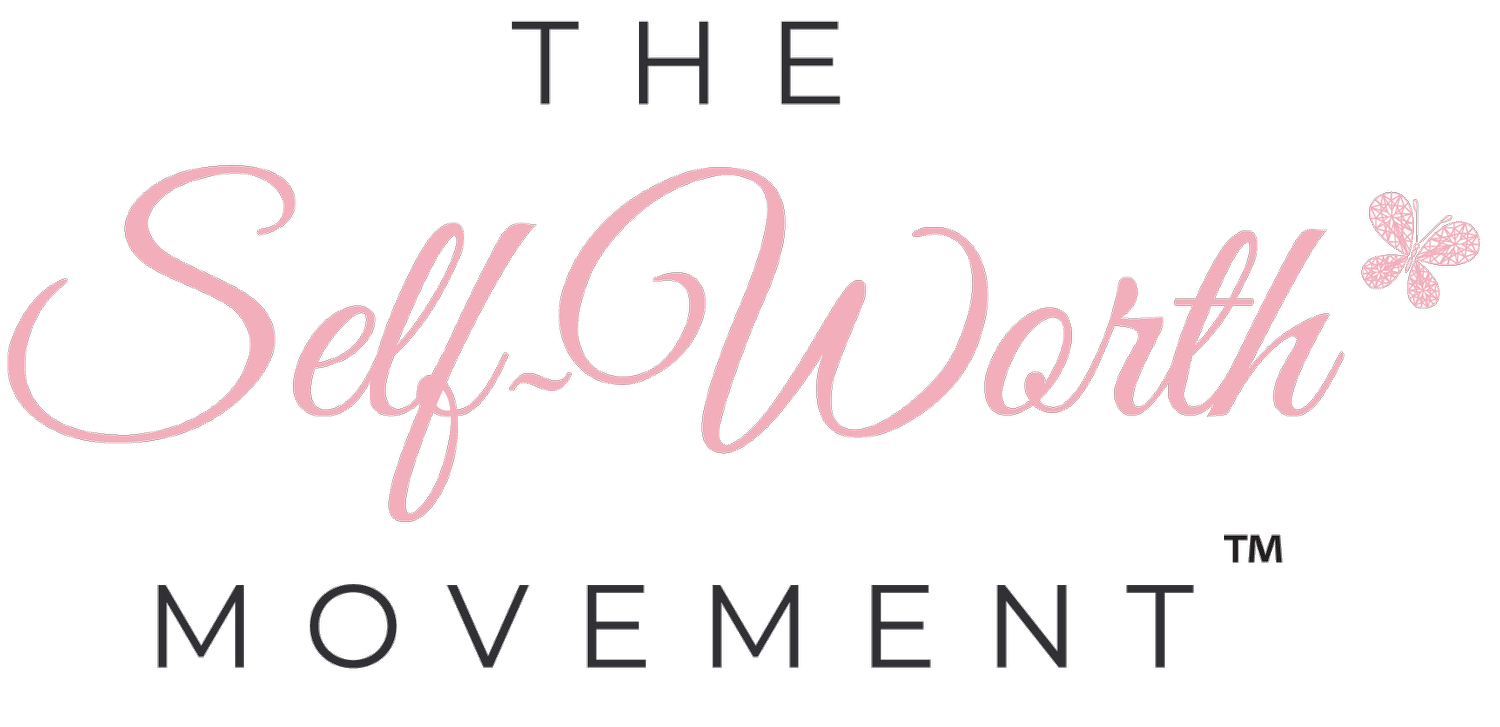The Path to Authenticity
A strong sense of self-worth relies heavily on authenticity. Authenticity cannot happen without clear boundaries. How do we begin to know, define and respect our boundaries?
What tools can we tap into when boundaries slip, and how can we first recognise they have slipped in the first place, then take the steps to take to reinstate them.
Let’s start by talking boundaries. Here’s a list of different types of personal boundaries to consider:
Physical boundaries - Physical boundaries include your needs for personal space (1.5 metres, thanks), your comfort levels with touch, and your physical needs, like needing to rest, exercise, eat, drink etc. It is OK to let people know that you don't want to be touched or that you need more space. It is also OK to say that you are hungry or that you need to rest.
Time boundaries - your time is valuable. Set clear time boundaries with yourself and others.
Sexual boundaries - Healthy sexual boundaries include consent, agreement, respect, understanding of preferences and desires, and privacy.
Intellectual boundaries - Intellectual boundaries refer to your thoughts, ideas, and curiosity. Healthy intellectual boundaries include respect for the ideas of other people, and they can be violated when your thoughts and curiosity are shut down, dismissed, or belittled. Respectfulness and willingness to dialogue and understand are important here.
Material boundaries - Material boundaries refer to items and possessions like your home, car, clothing, jewellery, furniture, money, etc. It is healthy to understand what you can and cannot share and how you expect your items and materials to be treated by the people you share them with. Having limits on how your material items are treated is healthy and prevents resentment over time.
Emotional boundaries - Emotional boundaries are all about respecting and honouring feelings and energy. Setting emotional boundaries means recognising how much emotional energy you are capable of taking in, knowing when to share and when not to share, and limiting emotional sharing with people who respond poorly. Respecting emotional boundaries means validating the feelings of others and making sure you respect their ability to take in emotional information.
The most important thing when setting and sticking to boundaries is to ensure that they are healthy and crystal clear. Stay true to your boundaries and stand in your strength if others try to cross them. Allow them to be bendable in certain situations. Healthy, happy, kind and crystal clear - to yourself first and foremost, and to others around you to ensure your boundaries are respected, and that you respect the boundaries of others. Having healthy, happy, kind and crystal clear boundaries in place will help you flourish in all areas of your life. In relationships, it is important to understand and respect one another's boundaries to avoid resentment, disappointment and heartache through misunderstanding or miscommunication.
Each of the 6 types of personal boundaries listed above are of equal importance and all need to be crystal clear, however, my personal favourite to focus on and consistently revisit are emotional boundaries. I find having strong emotional boundaries, and clearly communicating them (with kindness and compassion) supports me on my purpose driven path and helps me stay focused on my goals.
Which boundaries need clarity, defining or strengthening in your life?
Gift yourself some time today to revisit your boundaries or start afresh and set new ones.
Affirmations
I am strong.
I have clear, strong boundaries.
I respect and value my boundaries and my boundaries protect and value me.
Keep shining and inspiring, gorgeous glitterbomb!
You are loved xx


